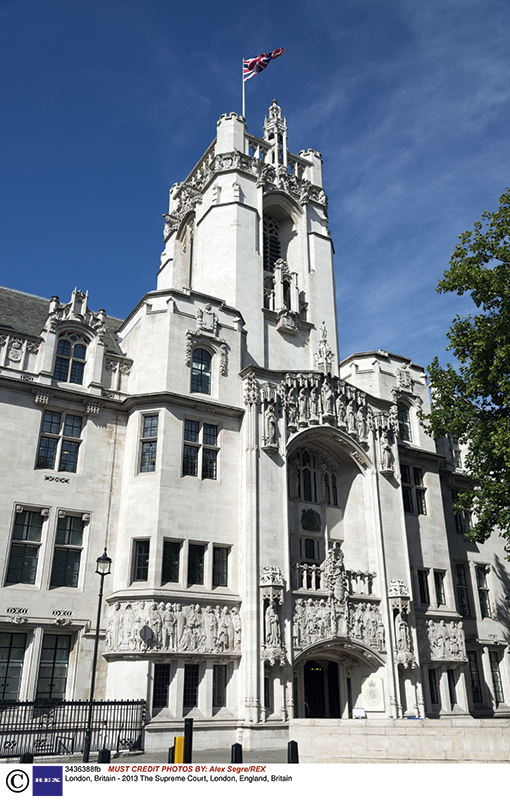
Brice Dickson provides an overview of events in the Supreme Court in 2013
At the start of 2013 there were just 11 Justices in office, since the vacancy created by Lord Dyson’s appointment as Master of the Rolls in 2012 had not yet been filled. We learned in February that Lord Hughes would be replacing Lord Dyson and that when Lord Walker retired in March he would be replaced by Lord Toulson. Lord Hope retired in June, having served as a Law Lord or Justice for 17 years. His seat was taken by Lord Hodge and his role as Deputy President by Lady Hale. Barring unforeseen circumstances, there will be no further changes of personnel in the court until September 2016, when Lord Toulson is due to retire.
Output
The number of decisions issued was very high. There were 81 in 2013, compared with 61 in 2012, 60 in 2011 and 58 in 2010. In each of the last 10 years of the House of Lords there was an average of 63. Six








